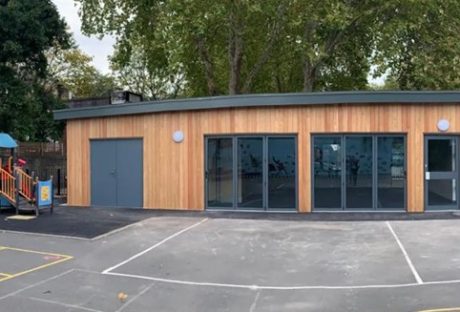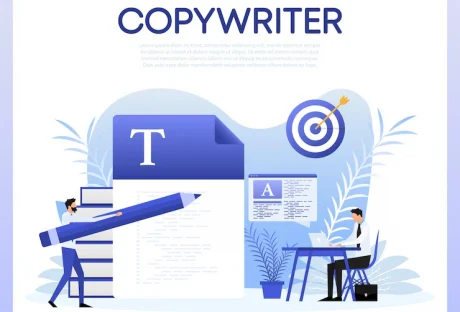Did you know that the Centers for Disease Control and Prevention estimate that each year nearly 48 million Americans get sick because of foodborne illnesses?
Additionally, they state that 128,000 of those people will end up hospitalized, and a whopping 3,000 people will die.
If that is not enough for you to understand the importance of food handling training, I don’t know what is.
4 Reasons Working Behind Food Handling Training
However, today we are going to look at why food handling training is so important and why those in the food industry should take their food handling safety classes seriously in an effort to lower these numbers and create a safer environment for those eating out at restaurants of all types.
Here are the four reasons which are working behind the organized food handling training.
1. It’s Required by Law
Food handler training is required by law in most states. In fact, because of this mandate, many employees in the food industry are not allowed to handle food without proof they completed the required training.
For example, Texas food handlers are required to complete an accredited food handler training course within 60 days of employment in order to continue working for that food establishment.
2. It Preserves Food Quality
When a customer frequents your restaurant, they expect the highest quality foods. After all, they are not only paying you for their food, but also entrusting you to store, prepare, and serve safe, agreeable foods.
Food handling training teaches people how to properly store foods at their right temperatures, and prepare them using the right equipment, so that they maintain their fresh aromas and textures.
3. It Makes Food Prep Safer
Generally, those who handle food prep improperly are inviting bacterial growth to occur, which makes food unsafe from that moment forward. In fact, some foods are known to grow heat-resistant bacteria that, even after cooking, remain on the food.
If this happens, the person eating said food is at a higher risk of developing a foodborne illness.
Do not take shortcuts when it comes to food prep – specifically when it involves thawing of meat. Instead, follow what you learned during food handling training and take your time to do it right.
4. It Saves You Money (and Your Reputation)
Let’s say you run a local restaurant that is known for serving many customers each day. In fact, you might go so far as to say you run a “local hotspot”.
If one of your employees serves up contaminated food (possibly because of a lack of food handler training) and one of your customers become sick as a result, you can expect your restaurant to experience a whole host of issues:
- You may be liable for any doctor’s bills
- Your restaurant’s insurance may skyrocket, especially if you are sued
- Word of mouth that your restaurant was responsible for a foodborne illness will spread quickly, especially if the media gets involved
Not only will you be on the hook for any immediate damages resulting from your employee’s mistake, but your restaurant also stands to lose a lot of business once the community finds out.
Depending on the seriousness of the outbreak, (i.e. it affected one customer versus an actual outbreak involving many), your restaurant may never fully recover.
Conclusion:
In the end, even simple mistakes such as leaving food out too long, storing food at the wrong temperature, or simply cross-contaminating foods that are not supposed to mix, can result in a foodborne illness that has the potential to reach a large number of people.
That’s why encouraging your employees to take food handling training seriously is so critical. Your business, and the health of everyone that frequents your restaurant depend on it.






















